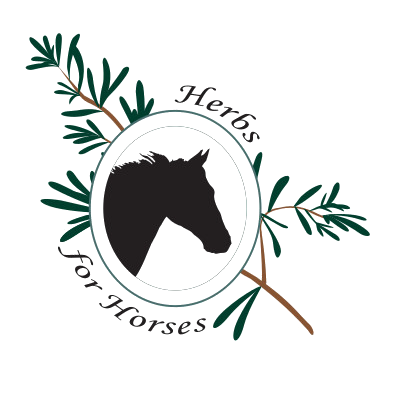Iron for horses?
Is Iron Supplementation Necessary for Horses?
Iron is a trace mineral that is essential in equine diets. Iron is only needed in minute amounts, but it plays a critical role in oxygen transport and cellular respiration. Therefore, having your horse’s iron needs met, better supports them during work and exercise as oxygen can easily be transported to muscle. When horses lack iron in their diet it may result in poor hair coat and hoof wall integrity as well as a decreased immune function and developmental disease in growing horses. Although this sounds scary, severe iron deficiency (often referred to as anemia) is rare in horses.
The National Research Council (NRC, 2007) has published nutrient requirements based on up-to-date literature for all essential nutrients. They also have specific recommendations based on which demographic the horse is in (e.g., working, lactating, growing etc.). According to the NRC, mature horses require a daily intake of 40mg of iron per kg of dry matter intake. The NRC recommends increased iron for horses doing moderate, heavy, or very heavy exercise, as well as pregnant mares from month 9 to 11, and increased iron for growing horses.
There are minimal concrete findings for the efficacy of iron supplementation in horses. Many studies specifically investigate iron supplementation in foals and young horses since they experience iron deficiency more often. This is likely due to the limited storage of body iron, an increased demand due to fast growth and the low concentration of iron in mare’s milk. It has been found that both intravenous and orally administered iron supplements did not make a difference in combating the decrease in iron store and red blood cells that young animals experience. In a study that compared foals kept indoors to foals kept on pasture with the same diet, the foals on pasture had better levels of iron despite being fed the same forage. Based on research, the best way to combat iron deficiency is to allow horses access to pasture as soil is a good source of iron.
Exercise may also alter iron metabolism in horses. Exercise is known to induce anemia in humans due to the impact exercise has on iron metabolism. Based on the human research, many horse owners and trainers use iron supplements, but anemia is rarely reported in mature horses. Iron loss through sweat in horses is small and reported to be only 0.6% of intake. Therefore, it is currently thought that iron requirements do not drastically increase with exercise. The NRC, 2007 states that the possible adverse effects of excessive iron might outweigh any potential advantages as it has been noted that supplemental iron can be toxic to newborn foals and iron injections can be dangerous to horses as they often result in severe reactions or death.
Based on this information, it is best practice is to consult an equine nutritionist so you can ensure your horse’s nutrient requirements are being met. Adding a ration balancer or mineral pre-mix to meet your horse’s requirements would be ideal as it ensures your horse is getting minerals in the proper ratios as high iron levels have been shown to depress other essential trace minerals.
By: Madeline Boast
